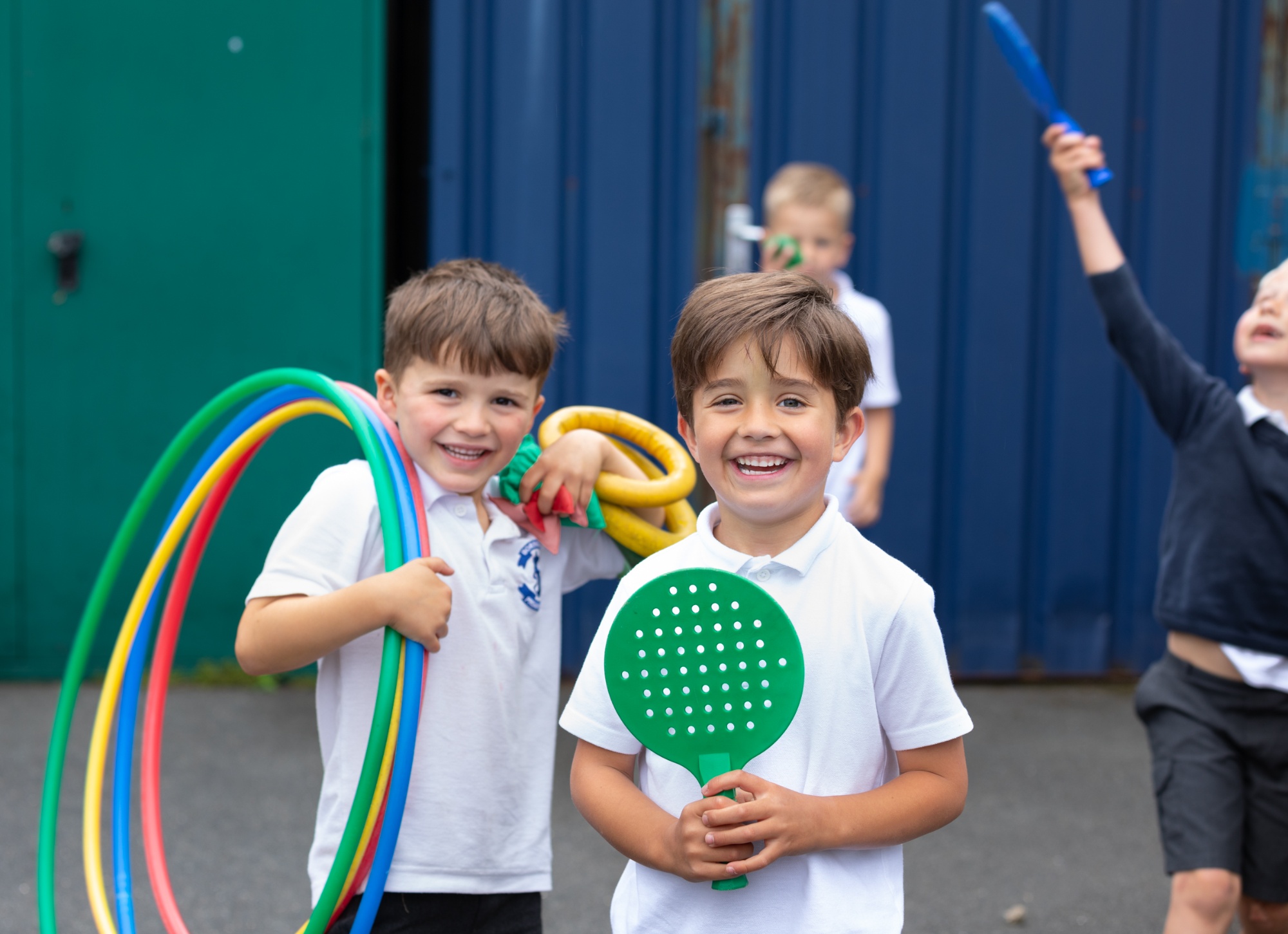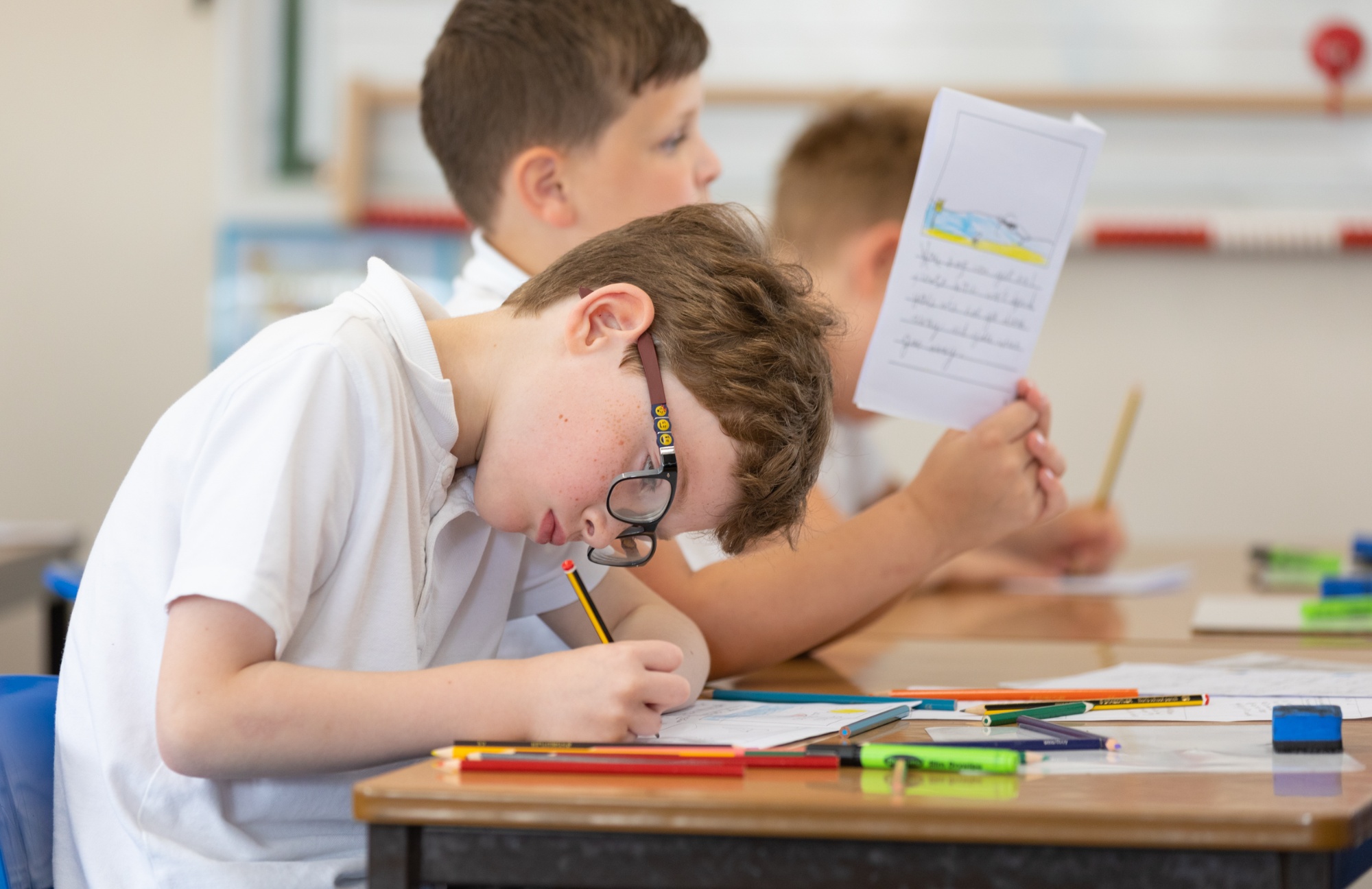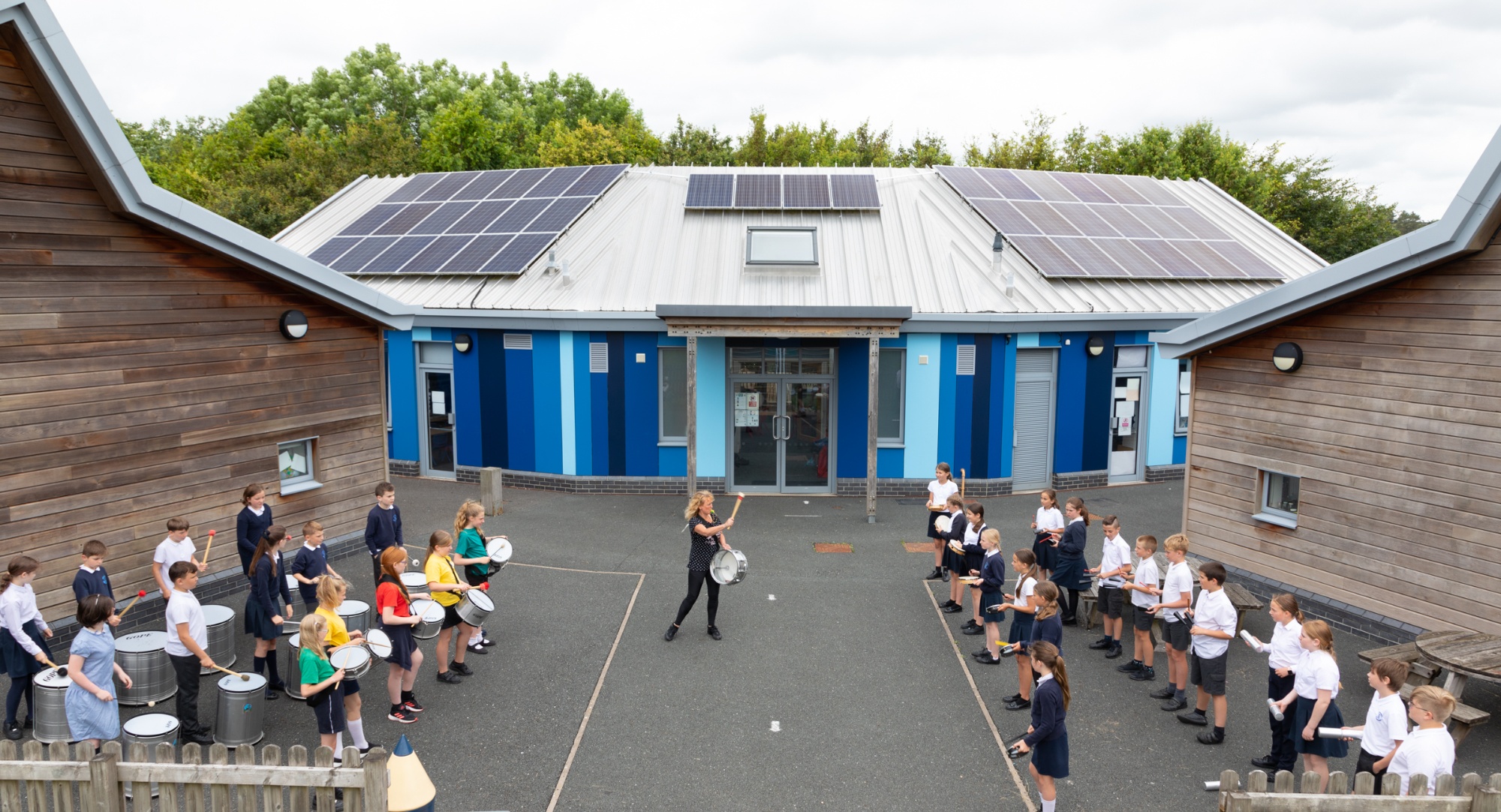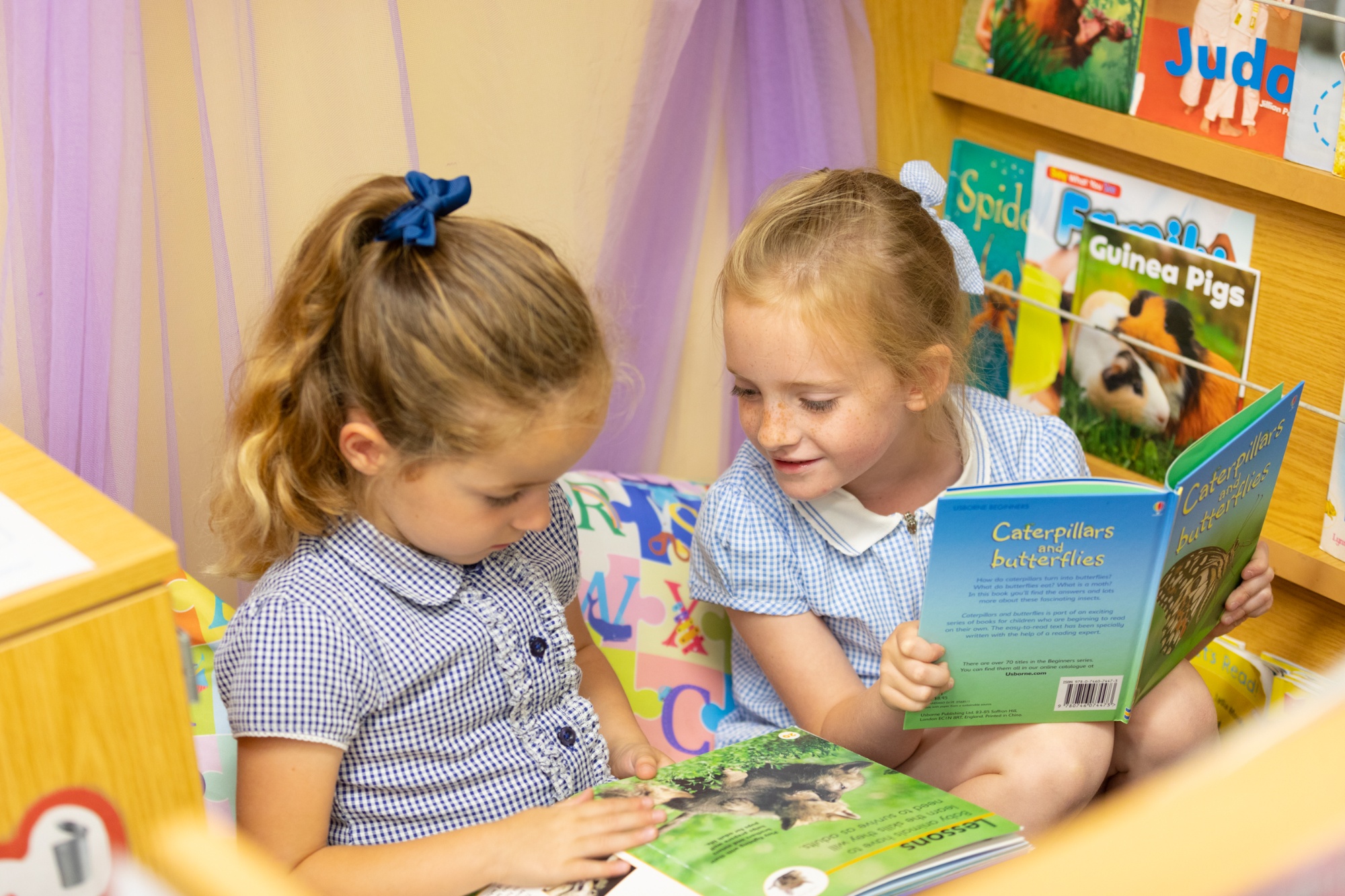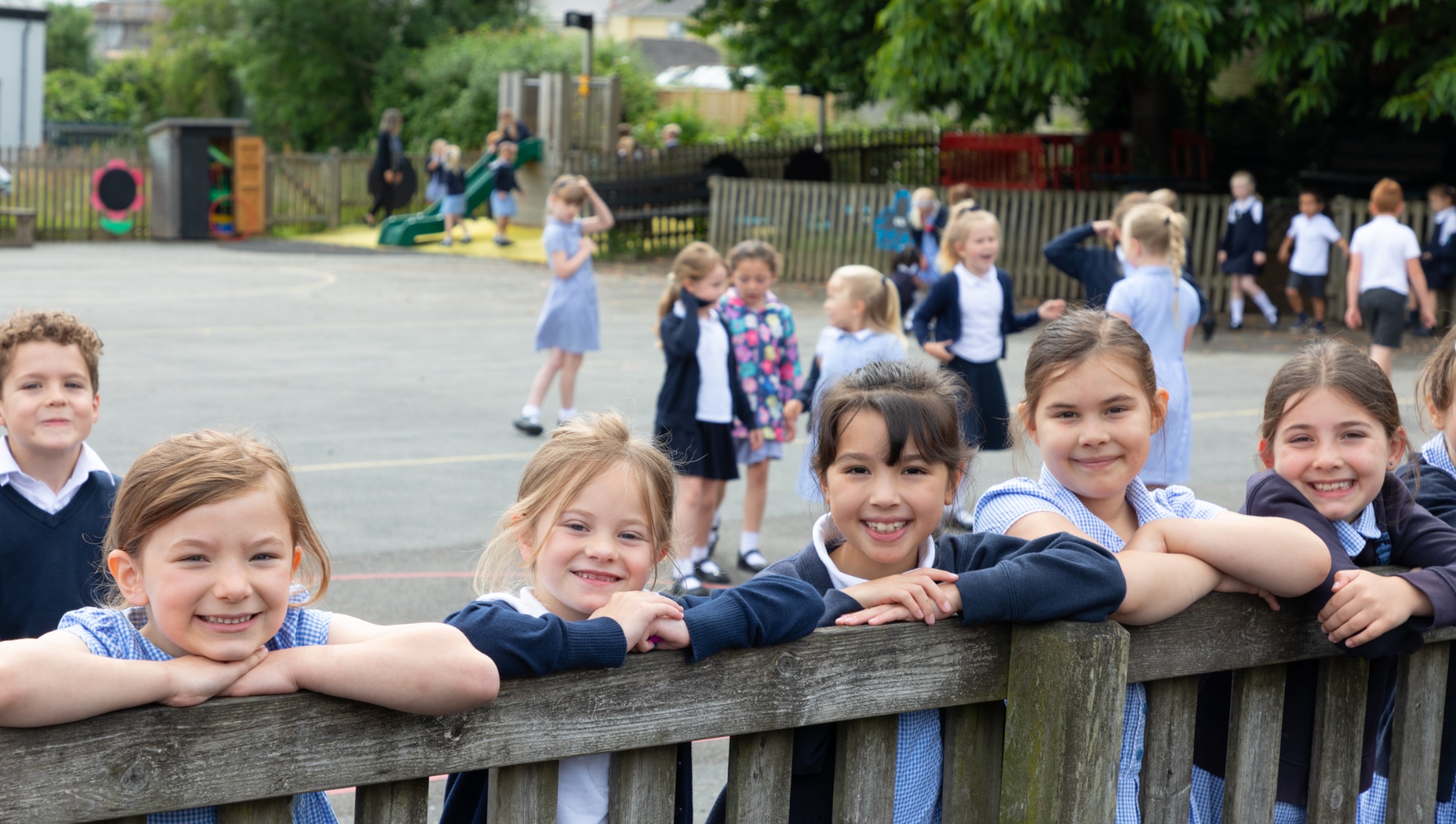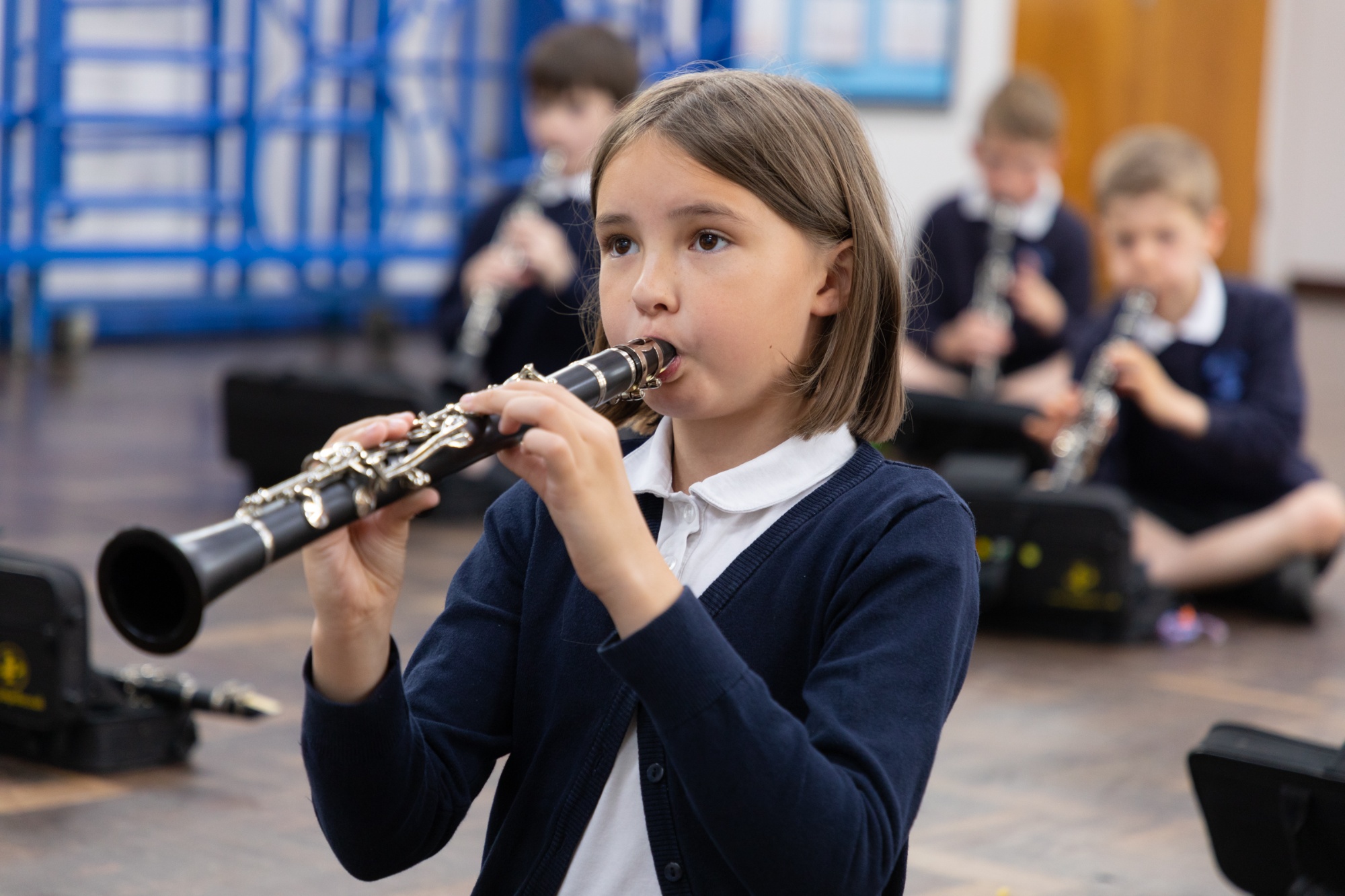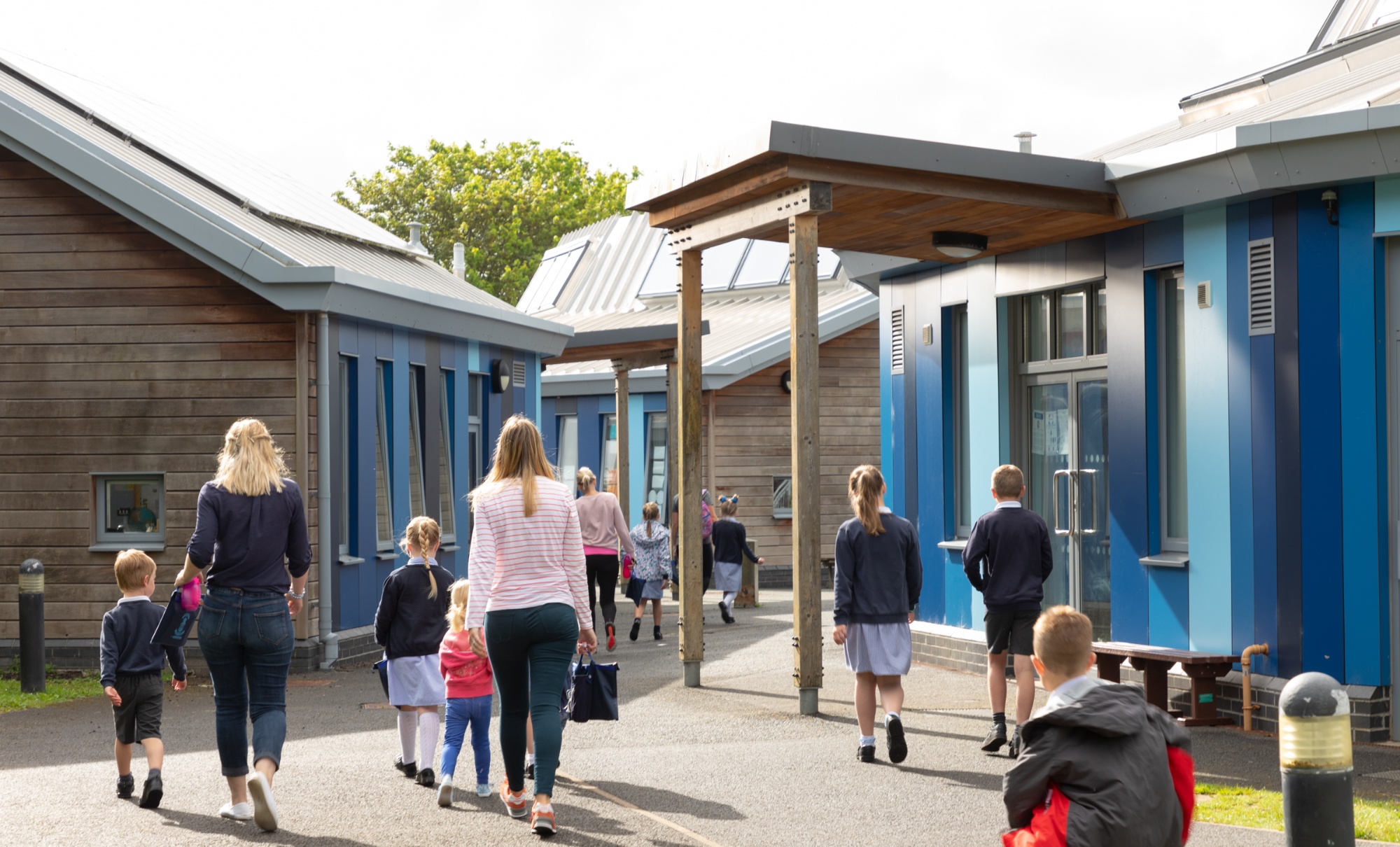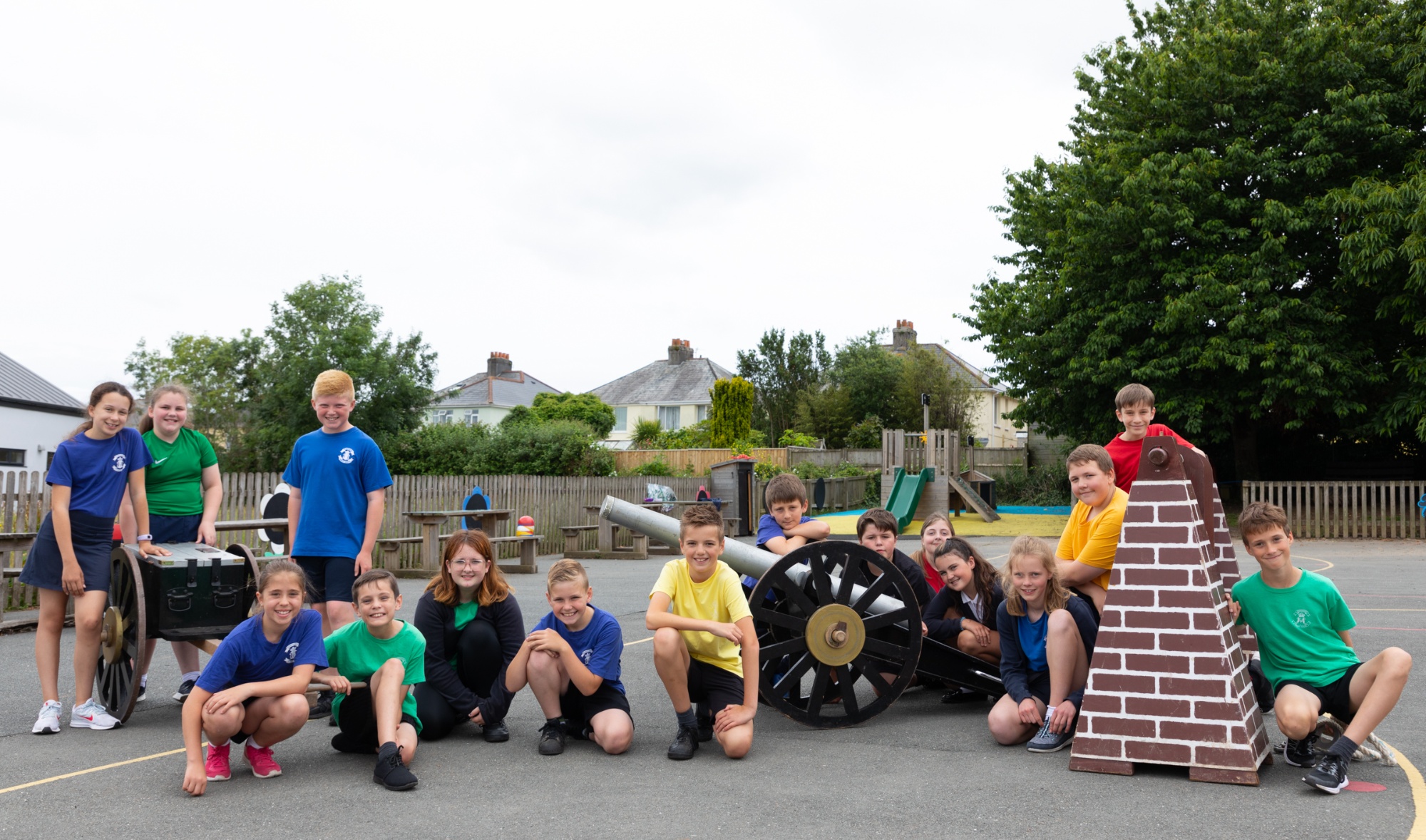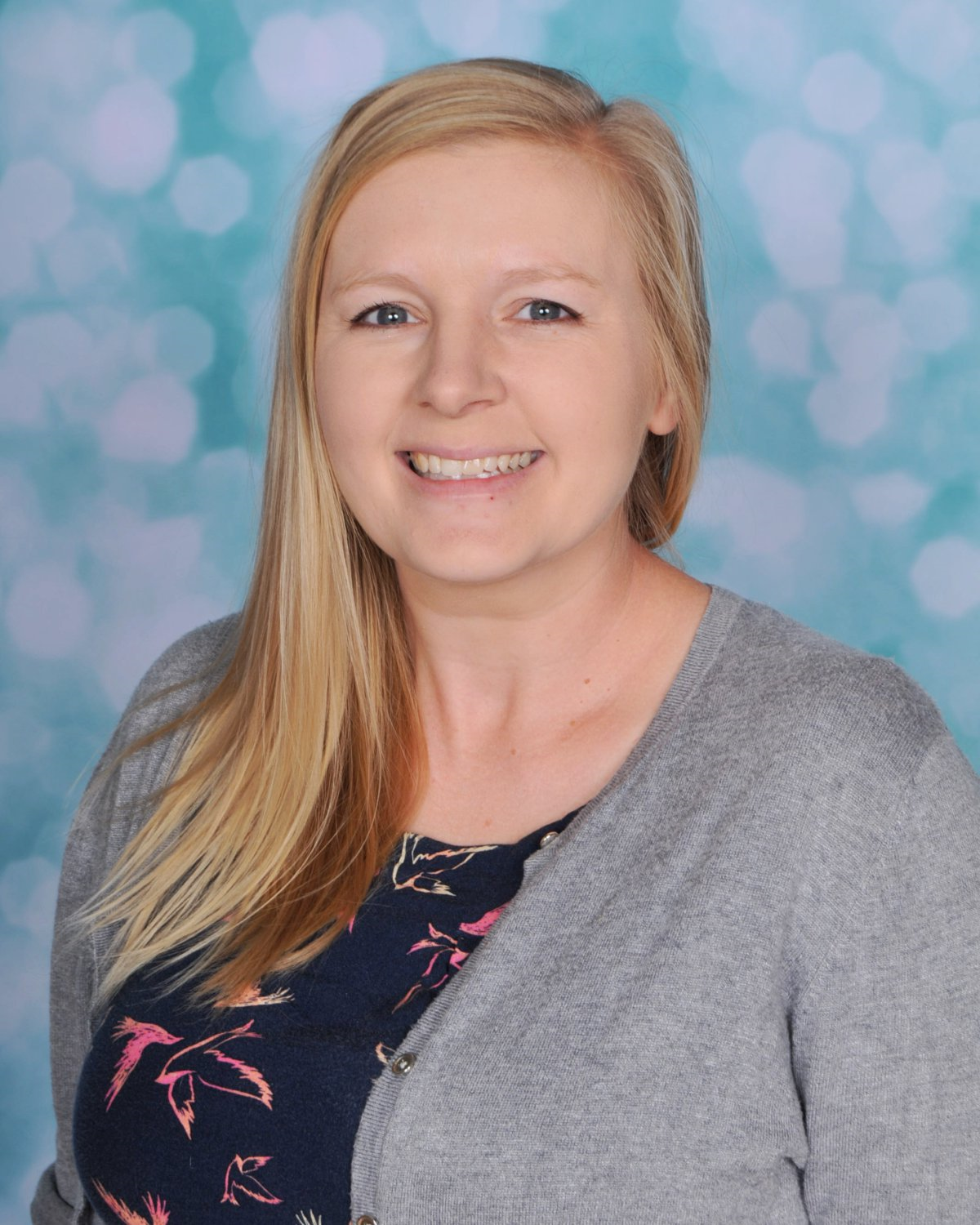Religious Education
|
|
Religious Education Subject Lead - Megan Eales meganeales@boringdon.plymouth.sch.uk |
|
Boringdon Primary School RE Statement 'RE at Boringdon Primary School aims to enable children to understand and make connections between different religions and the wider society and communities they exist in. We explore the effect religion has on people and give the children the knowledge to understand the varying aspects of specific religions, encouraging children to question and enquire.' Intent: At Boringdon Primary School we believe that RE should provoke challenging questions about the meaning and purpose of life, beliefs about God, issues of right and wrong and what it means to be human. In line with the Plymouth Locally Agreed Syllabus, our RE curriculum develops children’s knowledge and understanding of Christianity and other principal religions. The religions studied are Christianity, Islam, Judaism and Hinduism. Consideration is also given to other non-religious perspectives such as Humanism. We recognise the ever-changing and multicultural world that we live in and our children are growing up in. Religious education contributes dynamically to children and young people’s education in schools by provoking challenging questions about meaning and purpose in life, beliefs about God, ultimate reality, issues of right and wrong and what it means to be human. Pupils should gain and deploy the skills needed to understand, interpret and evaluate texts, sources of wisdom and authority and other evidence. They learn to articulate clearly and coherently their personal beliefs, ideas, values and experiences while respecting the rights of others to differ. Where a child in our school follows a different religion from those studied, opportunities will be created to explore, compare and contrast this alongside the taught religions. At Boringdon Primary School, RE aims to ensure that all pupils: Make sense of a range of religious and non-religious beliefs - identifying and making sense of core religious and non-religious beliefs and concepts; understanding what these beliefs mean within their traditions; recognising how and why sources of authority (such as texts) are used, expressed and interpreted in different ways, and developing skills of interpretation. Understand the impact and significance of religious and non-religious beliefs on believers - evaluating, reflecting on and connecting the beliefs and practices studied; allowing pupils to challenge ideas studied, and the ideas studied to challenge pupils’ thinking; discerning possible connections between these and pupils’ own lives and ways of understanding the world. Make connections between religious and non-religious beliefs, concepts, practices and ideas studied as well as making links with and developing their own personal view - examining how and why people put their beliefs into action in diverse ways, within their everyday lives, within their communities and in the wider world. How is Religious Education planned and taught at Boringdon Primary School? Our RE curriculum for the Foundation Stage and Years 1, 2 and 6, is adapted from the Plymouth Locally Agreed Syllabus. This has a spiral nature, meaning children will encounter some of the same concepts, using different key questions, at different ages. This supports their ability to connect ideas and develop a coherent understanding of religion and belief. Where possible, year groups study the same concept at the same time, encouraging discussion at home, display opportunities across the school and allowing staff, children and parents to see the development and progression in learning. We believe that RE is an exciting subject which should be challenging, thought-provoking and engaging. We use a variety of teaching methods, including:
Diversity at Boringdon Primary School We believe it is important to acknowledge and teach about diversity WITHIN religion as well as diversity OF religion. We do this from the Early Years by using the language of “Some”, “Many”, “Most” and by exploring different beliefs within religion as we move up through the school. Enrichment We believe that nothing parallels a first hand experience, therefore our pupils have frequent opportunities to meet people from other religions and visit a variety of different places of worship. We encourage curiosity and open mindedness and find that this allows our pupils to ask informative and thought provoking questions that lead to deep conversations about humanity, religion and the meaning and purpose of life. Experiencing other religions first hand, not only gives our pupils a deep and secure understanding of the diverse world in which we live, but it fosters positive attitudes, respect and acceptance, something we value at Boringdon Primary School. Some examples of enrichment our pupils have enjoyed include;
How do we check that pupils have understood before we move on?
Children will demonstrate their understanding and knowledge through independently applying all that they have learned to answer the main enquiry question (synoptic task). Assessments are made formatively and summatively with retrieval quizzes within lessons and synoptic tasks used as an end of unit assessment where the main enquiry question is answered. These synoptic tasks give the children scope to share a wide breadth of understanding in relation to the topic taught. We use an impact document to measure the effectiveness of our learning. This helps us improve our teaching and scaffolding of learning for the following year. Information is fed back to previous teachers if it was felt that the knowledge from that year was also not secure enough. The impact of the RE curriculum is regularly reviewed in staff meetings and INSET days throughout the year. We have strong links with other schools, both primary and secondary, within Westcountry Schools Trust which ensure a continuous review of practice and provision as well as expert guidance from the Executive Director of Religious Studies. |
|
|
|
|
|
What is Opening Worlds? Opening Worlds is a knowledge-rich humanities programme for teaching history, geography and religion in Years 3 to 6. As a school, we are provided with curriculum resources together with training, support and ongoing programme-related professional development for our school teachers. The uniqueness and background of every child is recognised and valued. Because of this, our curriculum covers a range of cultural, historical and ethical backgrounds and offers purposeful and meaningful experiences to apply, share and develop this knowledge. Our diverse, culturally rich and wide-scoping curriculum is underpinned by the teaching of basic skills, knowledge, concepts and values in a rigorous and coherent way. Explicit links to story-telling and creativity are made to enthuse learners. Many enhancement and enrichment activities are used throughout the curriculum to engage children and create purposeful, high-leverage outcomes that give children the opportunity to use and apply their developing knowledge and skills. Our aim is to create an environment that prompts curiosity, critical thinking and allows learners to connect strands of learning across all aspects of the curriculum. What does this look like at Boringdon Primary School? The programme meets and substantially exceeds the demand of the National Curriculum for history and geography and is compatible with our locally agreed syllabus in RE. The programme is characterised by strong vertical sequencing within subjects (so that pupils gain security in a rich, broad vocabulary through systematic introduction, sustained practice and deliberate revisiting) and intricate horizontal and diagonal connections, thus creating a curriculum whose effects are far greater than the sum of its parts. As the programme builds on prior learning, Years 3, 4 and 5 will start with the Y3 Curriculum in the 2024-25 Academic year. |
|

